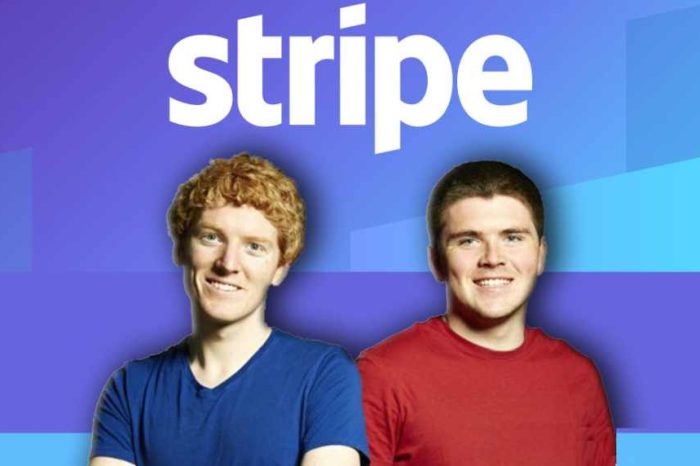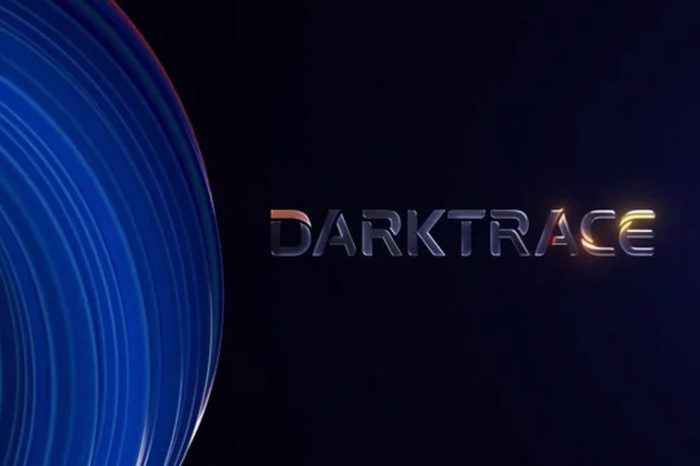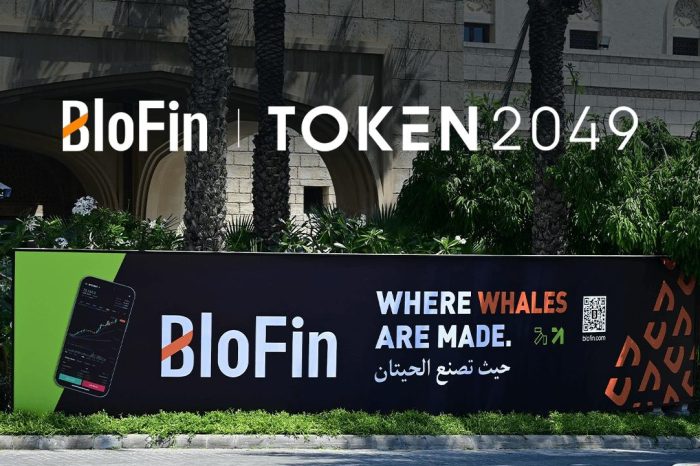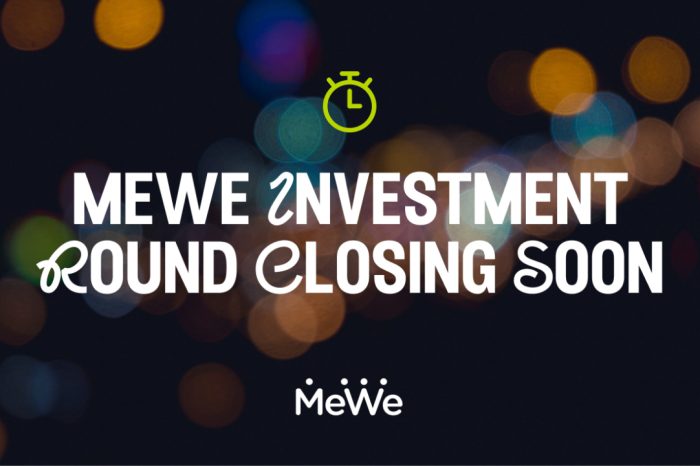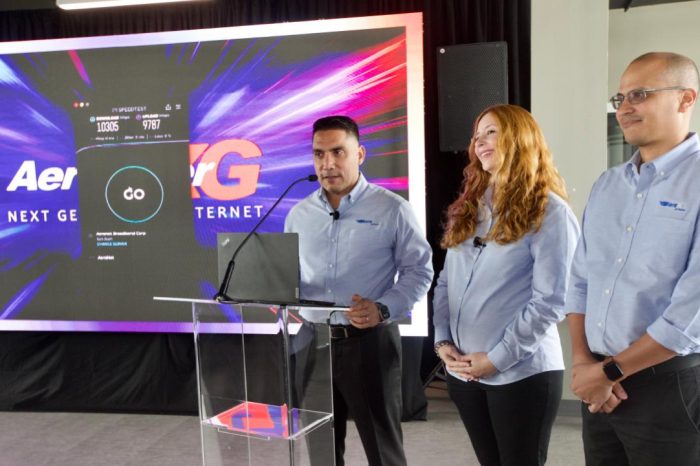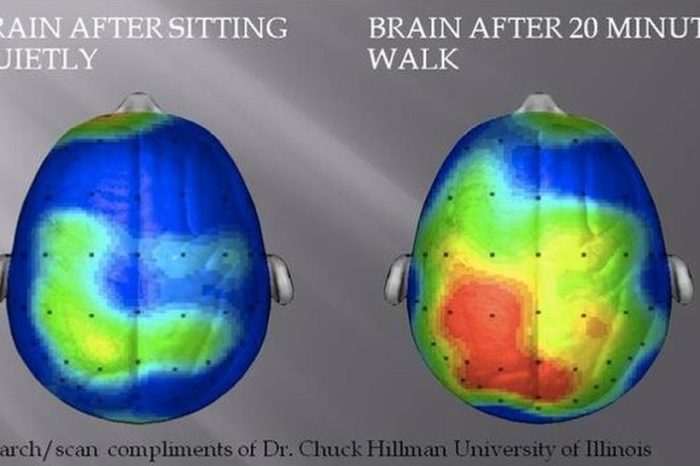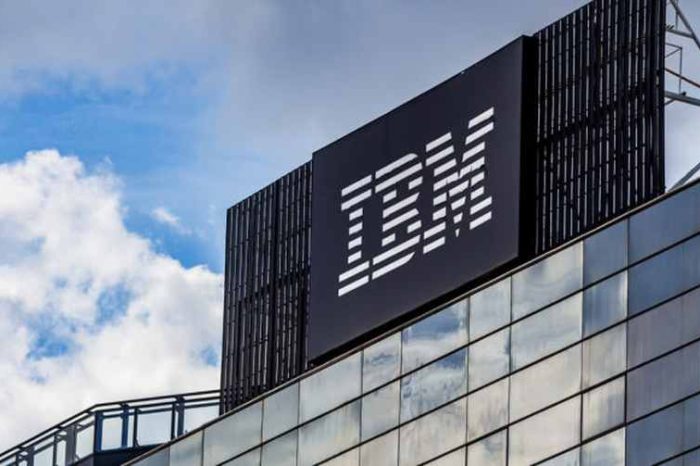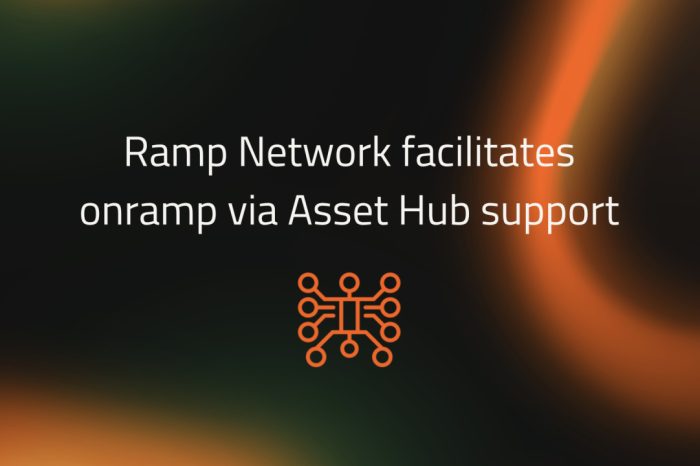In its biggest launch since the introduction of ChatGPT in November 2022, OpenAI on Monday unveiled ChatGPT Enterprise, an AI-powered chatbot tailored for business clients.
Unlike the current version of ChatGPT that’s currently available to the general public, the ChatGPT Enterprise introduces a host of new features. These include unrestricted access to GPT-4, eliminating usage constraints. Additionally, the latest iteration boasts performance enhancements, with speeds up to twice as fast as previous versions, coupled with allocated API credits.
In a blog post, OpenAI said that ChatGPT Enterprise also comes with additional features for end users including:
“Unlimited access to GPT-4 (no usage caps), higher-speed performance for GPT-4 (up to 2x faster), unlimited access to advanced data analysis (formerly known as Code Interpreter), 32k token context windows for 4x longer inputs, files, or follow-ups, and shareable chat templates for your company to collaborate and build common workflows.”
The company said that the tool has been in development for “under a year” and had the help of over 20 companies across diverse sectors and scales. Brad Lightcap, the Chief Operating Officer at OpenAI, told CNBC in an interview that pricing details would not be made public, adding that the costs “will depend, for us, on every company’s use cases and size.” Participants in the beta phase include companies such as Block, Canva, and The Estée Lauder Companies.
OpenAI added that it plans to onboard as many enterprises over the next few weeks. “We’re onboarding as many enterprises as we can over the next few weeks. If you’d like to purchase ChatGPT Enterprise for your organization, please reach out to our sales team,” OpenAI said in a blog post.
The launch of ChatGPT Enterprise is a sign that the AI chatbot market is maturing and that businesses are increasingly seeing the value of these technologies. As the competition heats up, it is likely that we will see even more innovative and powerful chatbots being developed in the coming years.
In May, OpenAI launched its iOS app, followed by the Android app in July. The app has been downloaded over 1 million times and has received positive reviews from users. Google is also regularly rolling out updates to its Bard chatbot, which is still in beta testing. Microsoft is doing the same with Bing, introducing features like visual search. And Anthropic, the AI startup founded by ex-OpenAI executives, debuted a new AI chatbot, Claude 2, in July a few months after raising $750 million in funding.
The launch of these new chatbots and features is part of a broader trend in the tech industry, as companies race to develop and deploy artificial intelligence (AI) solutions. AI is being used in a wide range of applications, from customer service to healthcare to manufacturing. And the chatbot market is one of the fastest-growing areas of AI.
The competition in the chatbot market is likely to continue to heat up in the coming years. As businesses become more comfortable with AI, they will demand more sophisticated chatbots that can perform a wider range of tasks. And as AI technology continues to advance, chatbots will become even more capable and versatile.
It will be interesting to see how the chatbot market evolves in the years to come. But one thing is for sure: chatbots are here to stay, and they are poised to play a major role in the future of technology.
On November 30, 2022, OpenAI took the internet by storm after it released its dialogue-based AI chatbot called ChatGPT. The new chatbot-powered AI, which has been hailed as a potential game-changer in the world of AI, is a language model trained by OpenAI to interact with humans in a conversational way. ChatGPT has made text- and image generation a mainstream hit. We even asked ChatGPT to tell us about itself.
Just five days after its launch, ChatGPT crossed one million users, according to a post by Open AI co-founder Sam Altman. To put that in perspective, it took Netflix 3.5 years, Facebook 10 months, Spotify 5 months, and Instagram 2.5 months to reach the one million users mark.
Since its launch about a month ago, ChatGPT has impressed many experts with its writing ability, proficiency in handling complex tasks, and its ease of use. ChatGPT is currently free to use but Altman said the company will at some point charge people to use the chatbot that many said could one day potentially replace humans.
OpenAI was founded in late 2015 by Elon Musk and Sam Altman as a for-profit startup conducting research in artificial intelligence (AI) with the goal of promoting and developing friendly AI in such a way as to benefit humanity as a whole. OpenIA aims to “freely collaborate” with other institutions and researchers by making its patents and research open to the public. Both founders are motivated in part by concerns about existential risk from artificial general intelligence.

